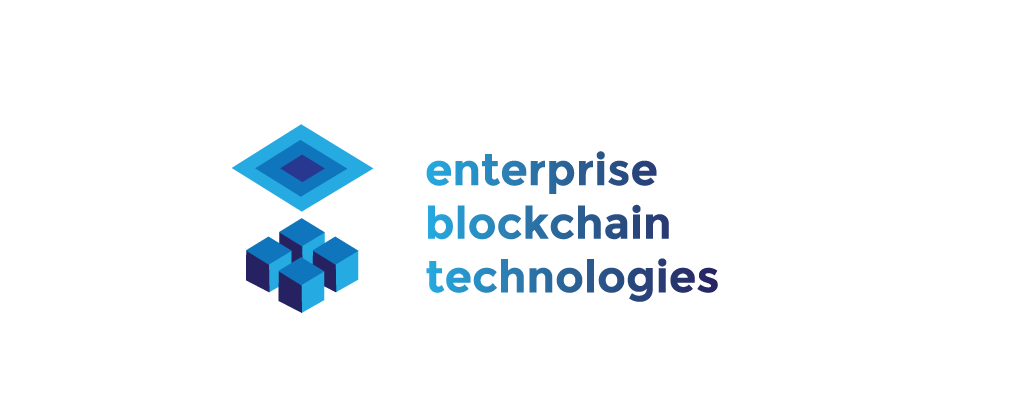My experience as A Linux Foundation Intern

How did the mentorship program match your expectations? Do you feel you got what you needed out of the program?
As a Ph.D. student, it is often difficult to make the bridge between technology and people; between idealization and concretization. This program helped me closing this gap: building a university course for enterprise blockchain technologies allowed me to not only consolidate my knowledge but also to share that knowledge in a focused, self-contained course.
Project Assignments & Mentors Do you feel like you were able to make a genuine impact with the contributions you made during your mentorship? Why or why not?
I believe all internships are framed to a higher purpose than what we do for a few months. Seeing the greater picture allows keeping contributions focused, and to grasp the projects’ long-term purpose. Building a community-driven enterprise blockchain university-level course will certainly promote the adoption of Hyperledger technologies by the academic community.
Who was your mentor(s) and how was it working with them? What did you learn from them and how did they help you out with your goals and objectives?
Dave is an awesome human being, such as the majority of this open-source community. People are welcoming, supportive, and extremely professional. Dave gave me all the tools, space, and trust to work in an autonomous way, always providing support.
What were some of the biggest challenges you faced during your mentorship? How did you overcome them and what did you learn?
This mentorship is a great experience but might be daunting for newcomers. Making your first pull-request might be a daunting experience. Participating and giving your opinion in public might be daunting. Those are certain obstacles, but obstacles that this problem helps to eliminate. With lots of curiosity, creativity (and a bit of courage), aligned with the support from the mentors, entering open-source and solving the proposed problem become not only feasible but fun and rewarding!
What skills and tools did you use during your mentorship? How has your proficiency in these increased since you started the program? Which do you think will be the most valuable in your future career?
Working with Dave, and other mentees (Badi and Raphael) allowed me to improve my organization and cooperation skills. Those combine quite well with the synergies opportunity that this program delivers: I was working alone only for the first few weeks of the course; after that, I had contributors for the rest of the program.
Would you recommend this mentorship program to your friends? Why or why not? I would recommend this program to people who love technology and who love people: that is what open-source is about. That is what the Linux Foundation is about: a true, engaging, welcoming, loving open-source family.